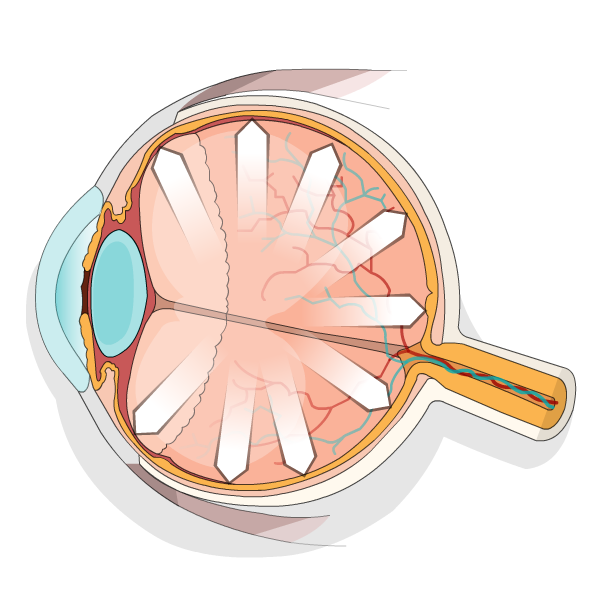
Glaucoma overview
Glaucoma is a group of eye diseases that damage the optic nerve, often due to increased intraocular pressure, which is the pressure inside the eye. This pressure buildup occurs when the fluid in the eye, called aqueous humor, cannot drain properly. Over time, the elevated pressure damages the delicate nerve fibers of the optic nerve, which transmits visual information from the retina to the brain. This damage initially affects peripheral vision and, if left untreated, can progress to involve central vision, eventually leading to irreversible blindness. Treating glaucoma is crucial because the damage to the optic nerve is permanent, and vision loss cannot be recovered. Early detection and consistent treatment, can effectively lower eye pressure and slow down or prevent further damage to the optic nerve, thus preserving a person’s sight.
